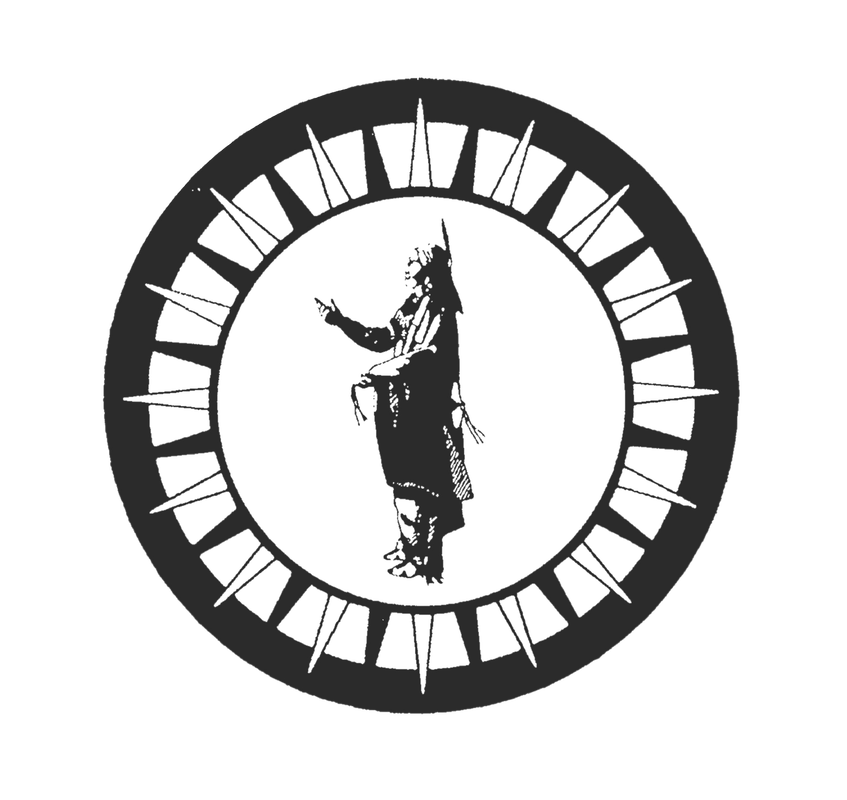We honor the legacy of Ponca Chief Standing Bear, America's first Native American civil rights leader.
We honor the legacy of Ponca Chief Standing Bear,
America's first Native American civil rights leader.
A committee of tribal and community leaders was formed in Ponca City, Oklahoma in 1993 with a shared vision for the education of all peoples to the historical and cultural importance of the Native American culture. In 1994, the Standing Bear Native American Foundation was chartered.
The committee included representatives from the six area tribes; Kaw, Osage, Otoe-Missouria, Pawnee, Ponca and Tonkawa. Once it was decided to erect a statue, the committee’s task was to determine which Native American should be honored. After much deliberation, Ponca Chief Standing Bear was chosen to be the subject for the monumental tribute to all Native Americans.
Standing Bear was a Ponca chief who successfully argued in U.S. District Court in 1879 that Native Americans are "persons within the meaning of the law" and have the right of habeas corpus, thus becoming the first Native American judicially granted civil rights under American law.
His landmark speech stated that all American Indians deserved the same recognition and protection under the law as white men. Standing Bear held up his hand and said: “My hand is not the color of yours, but if I pierce my hand, I shall feel pain and if you pierce yours, you too shall feel pain and the blood that flows from mine will be the same color as yours. I am a man. The same God made us both.”
The committee included representatives from the six area tribes; Kaw, Osage, Otoe-Missouria, Pawnee, Ponca and Tonkawa. Once it was decided to erect a statue, the committee’s task was to determine which Native American should be honored. After much deliberation, Ponca Chief Standing Bear was chosen to be the subject for the monumental tribute to all Native Americans.
Standing Bear was a Ponca chief who successfully argued in U.S. District Court in 1879 that Native Americans are "persons within the meaning of the law" and have the right of habeas corpus, thus becoming the first Native American judicially granted civil rights under American law.
His landmark speech stated that all American Indians deserved the same recognition and protection under the law as white men. Standing Bear held up his hand and said: “My hand is not the color of yours, but if I pierce my hand, I shall feel pain and if you pierce yours, you too shall feel pain and the blood that flows from mine will be the same color as yours. I am a man. The same God made us both.”
Photograph by Tyler VanArsdale
